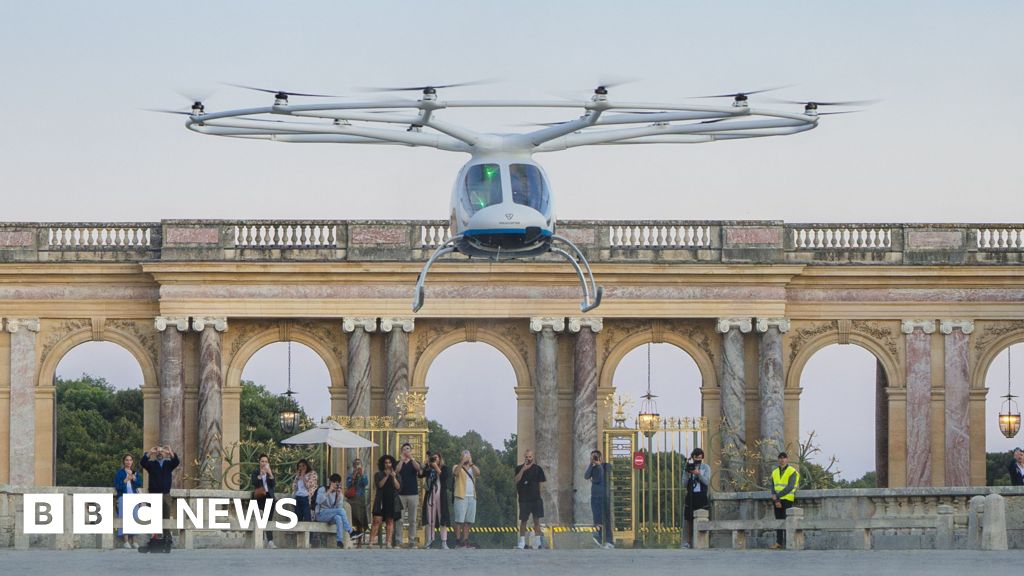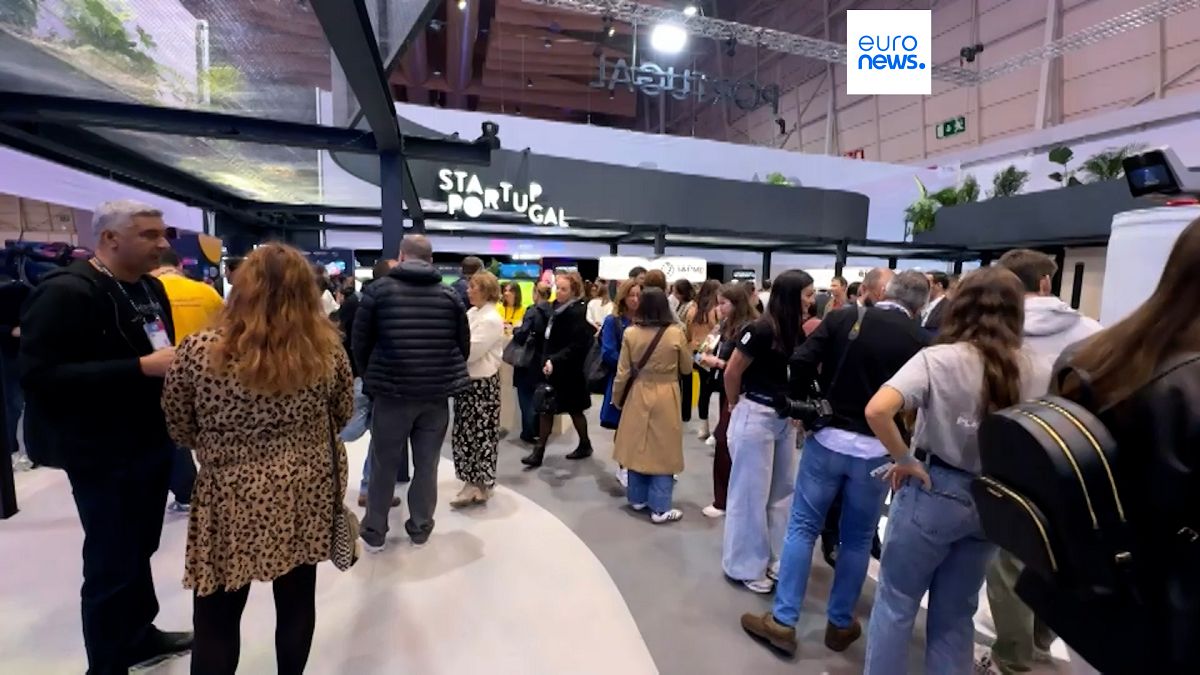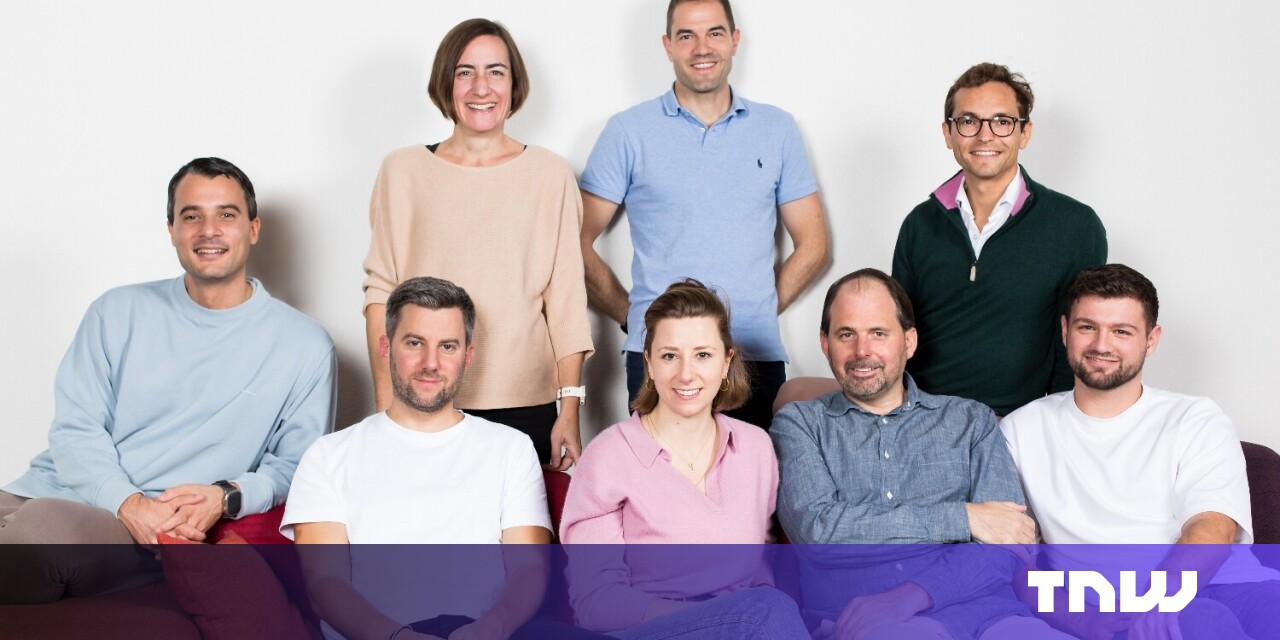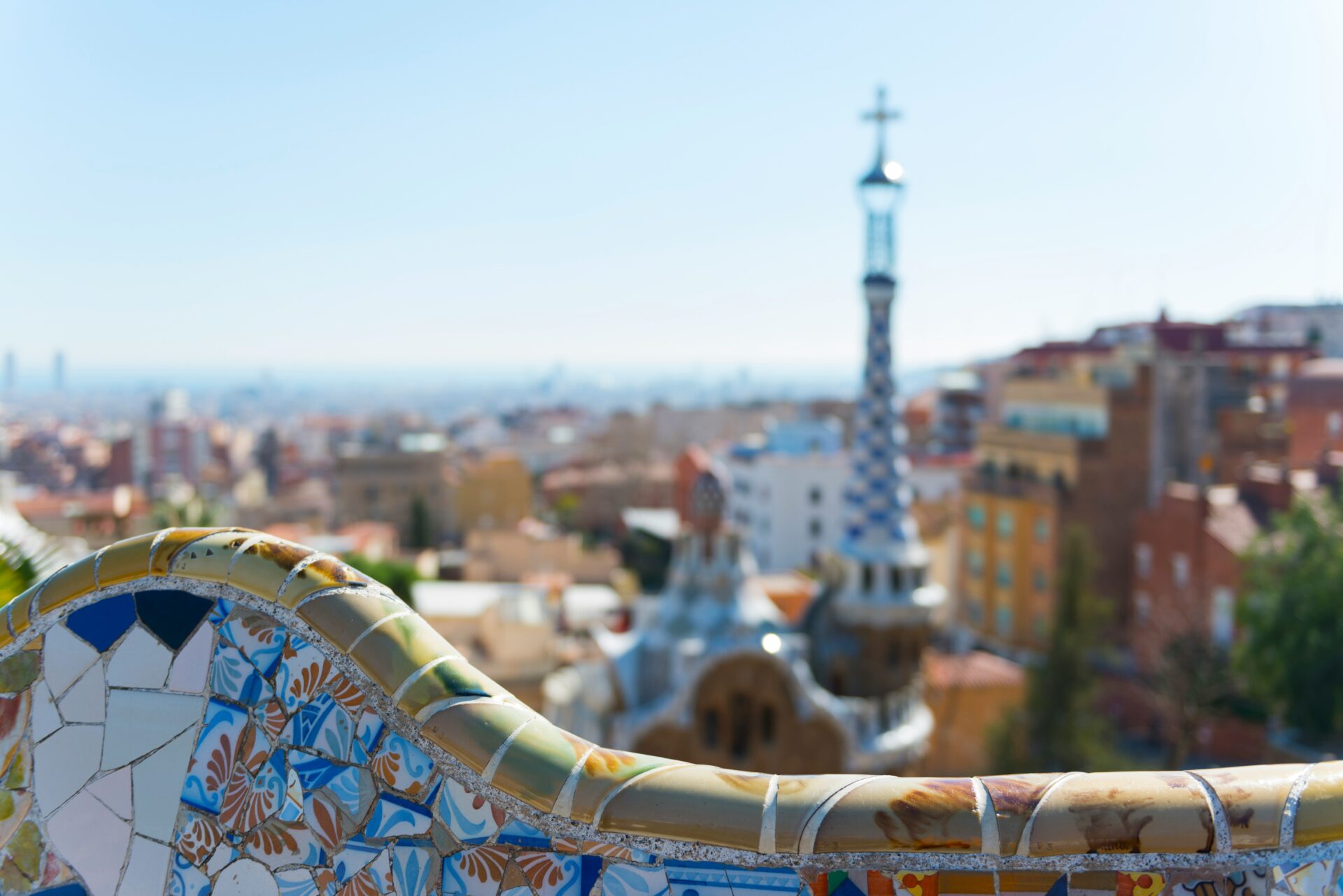Fashion
Inside Zalando’s plans to be Europe’s go-to-destination for fashion, lifestyle and culture

As part of The Drum’s Fashion & Beauty Focus, Zalando’s marketing and content chief sets out the retailer’s stall for the next five years and beyond.
Zalando wants to position itself as the largest fashion and lifestyle retailer in Europe. To achieve this, it has put a stake in the ground with a fresh positioning and a bold new campaign featuring the actor Willem Dafoe.
The Drum sat down with Anne Pascual, Zalando’s senior vice-president of design, marketing and content, at a pivotal moment in the retailer’s 15-year history. In March, Zalando underwent a major business strategy update, which resulted in brand repositioning, a redesign of its assets and packaging, improvements to its customer experience and the role out of a big-budget brand campaign.
“This moment is big for Zalando,” Pascual proclaims, followed by a sigh of relief that her team’s hard work has finally seen the light of day.
Powered by AI
Explore frequently asked questions
Quality, lifestyle and entertainment
The strategy refresh has three key pillars. The first is quality. Pascual explains that Zalando wants to “differentiate itself by its quality credentials when it comes to the assortment the brands it offers and also the customer experience.” This has resulted in updates to its app and refinement of its brand stockists.
The second is around marketing Zalando as a lifestyle retailer rather than purely for fashion. It has already begun doing this by offering beauty, sports and electronics. Pascual adds: “We want to continue to really connect the different parts of our customers’ lives, their passion and interest across these different lifestyle areas.”
The final “pillar” is entertainment and inspiration. Pascual explains: “Over the last couple of years, consumers have completely shifted their shopping behaviors when it comes to looking for inspiration, discovering new products and brands.” To drive more frequent visits to its site and its app, Zalando is tapping into this shift in consumer behavior by creating entertaining content, including videos and articles. “Zalando wants to move beyond a pure transactional role,” she adds.
What do I wear?
After the business strategy was defined, Pascual’s team then worked to reposition Zalando’s brand purpose. It landed on ‘helping customers to be more confident.’ Its previous purpose was all about self-expression, but Pascual says “self-expression is a means to an end and this end is rather to feel good about yourself.”
The redefined brand purpose of giving customers confidence was then fed into refreshing the brand assets by making the color orange more vibrant and the logo bolder. A more confident brand identity, Pascual says.
The business and brand update were then neatly packaged for the consumer through Zalando’s ‘What Do I Wear?’ campaign, which launched last month. Pascual says of the line, ‘What Do I Wear?’: “It captures this universal truth that we all have when it comes to this one single question in the morning getting dressed because it allows you to reflect pragmatically but also strategically – ‘OK, how do I want to come across today and how do I feel.’”
The first ads to be released under the ‘What Do I Wear?’ platform were developed by the creative agency Wieden+Kennedy and feature the actor Willem Dafoe and the Danish model Brigitte Nielsen, among others. The 30-second hero ad is set on a metro train filled with uniquely dressed individuals, each with their internal monolog asking the question, “What Do I Wear to…”
“Zalando’s previous campaigns were vignettes that came across more as a fashion brand. But now we want to tell a story that shows we are a retailer and that gives us more space for individual stories that can go a bit deeper.”
On the creative side, the team worked hard on the styling to make the outfits feel “approachable, exciting and fun.” It was also set on a metro train to show a diversity of characters, ages and personalities. “The metro reflects society as it is, not being overly aspirational or superficial,” she adds. The final important part of the campaign, Pascual says, was to feature Zalando’s app and its packaging – a first for the brand. “There is a totally different energy; it’s much bolder, more joyful and confident in the way Zalando shows up.”
The campaign will continue to roll out over the next few months and will then be followed by the holiday and spring/summer ads created using the same platform. Along with paid channels, Zalando has activated the ad through its content arm with articles and videos about each of the characters and has made all the outfits shoppable.
@zalando Actor and style icon Willem Dafoe is spilling the tea on what his equally iconic characters would be wearing this #Fall #WhatDoIWear #ZalandoAW24 #WillemDafoe ♬ original sound – Zalando
Zalando’s content ambitons
In 2022, Zalando acquired a majority stake in Highsnobiety with the idea of bringing together the media company’s cultural relevance, storytelling and fashion authority with Zalando’s e-commerce capabilities. “Zalando was impressed and excited about the storytelling capabilities of Highsnobity, combined with a strong aspect around curation and cultural relevance and all these things we wanted to offer more of,” says Pascual of the deal.
In September 2023, this partnership culminated in the launch of Stories on Zalando, a content hub that feeds through to the retailer’s website and app. Weekly segments include Cover Story, Style Bible, Guest Edit, The Perfect X and Unpacked. “Stories on Zalando is really the first example where we demonstrate our ambition to go beyond offering customers purely transactional convenience.”
Suggested newsletters for you
A recent update to the platform is the talent profile pages or what Pascual is terming “tastemakers” profiles: people who share content and products and with followers but aren’t social media influencers in the traditional sense but have cultural creditability within Zalando’s sphere, be they photographers, chefs or makeup artists.
She defines the audience for Stories on Zalando as the “cultural consumer,” where fashion is more than clothing, people who would see themselves as “fashion enthusiasts.” Pascual is clear that this strategy isn’t about finding a new target audience. “It’s this clarity around who we are focusing on and why we are the right offering and right destination for the enthusiast.”
The last three years, Pascual has been working to connect the design, marketing and content teams to build one Zalando brand. The results? “One holistic Zalando brand with different touch points but with an emerging red thread in the way we show up and how we are perceived.”










